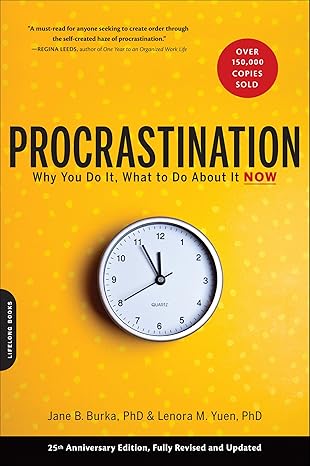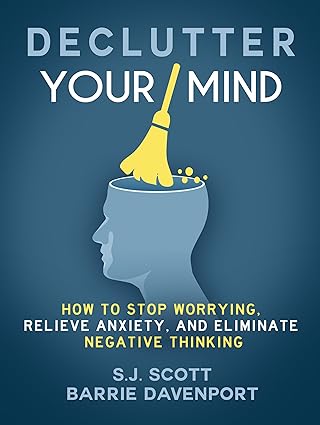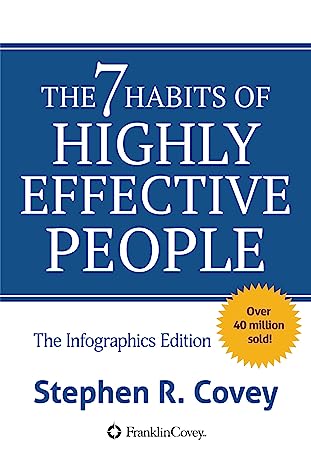
Thinking, Fast and Slow
'There have been many good books on human rationality and irrationality, but only one masterpiece. That masterpiece is Thinking, Fast and Slow' Financial Times
'A lifetime's worth of wisdom' Steven D. Levitt, co-author of Freakonomics
Why do we make the decisions we do? Nobel Prize winner Daniel Kahneman, 'the world's most influential living psychologist' (Steven Pinker) revolutionised our understanding of human behaviour with Thinking, Fast and Slow. Distilling his life's work, Kahneman shows how there are two ways we make choices: fast, intuitive thinking, and slow, rational thinking. He reveals how our minds are tripped up by error, bias and prejudice (even when we think we are being logical) and gives practical techniques that enable us all to improve our decision-making. This profound exploration of the marvels and limitations of the human mind has had a lasting impact on how we see ourselves.
BEST DEALS
About the Author
Daniel Kahneman is an Israeli-American psychologist. He shared the 2002 Nobel Memorial Prize in Economic Sciences with Vernon L. Smith. Kahneman is notable for his work on the psychology of judgment and decision-making, behavioral economics and hedonic psychology.
With Amos Tversky and others, Kahneman established a cognitive basis for common human errors which arise from heuristics and biases, and developed prospect theory. He was awarded the 2002 Nobel Memorial Prize in Economics for his work in prospect theory.
In 2011, he was named by Foreign Policy magazine to its list of top global thinkers. In the same year, his book Thinking, Fast and Slow, which summarizes much of his research, was published and became a best seller.
Currently, he is professor emeritus of psychology and public affairs at Princeton University's Woodrow Wilson School. Kahneman is a founding partner of TGG Group, a business and philanthropy consulting company. He is married to Royal Society Fellow Anne Treisman.












